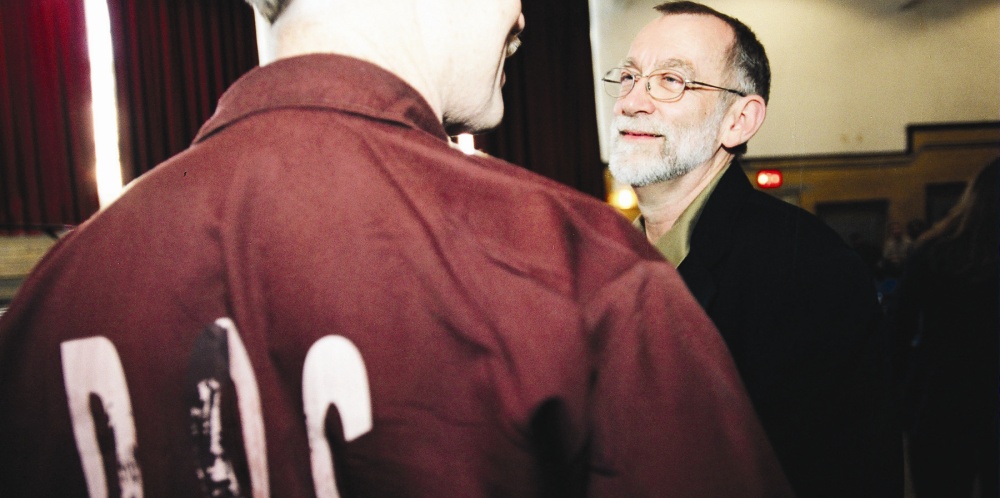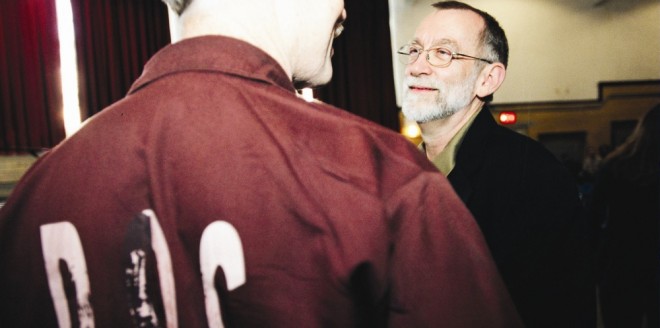
Restorative justice is fragile. It hinges on people taking determined steps to relentlessly pursue their healing despite the pain it may bring. It challenges us to growth, to imagine beyond the current status quo and to take the creative risk of feeling and acting in a different, yet deeply courageous way.
—Carl Stauffer, EMU restorative justice professor
I spend 30 to 40 percent of my time in a typical workweek researching grants for funding, writing grants, reporting to grant-givers, and otherwise focusing on fundraising. I had not expected to be doing so much of this type of work when I was getting my master’s degree in conflict transformation, but unfortunately it is an absolute necessity. This field does not yet have clear streams of funding.
—Jennifer Larson Sawin, executive director, Communities for Restorative Justice (Mass.)
How did I start from zero? We did research on the indigenous system of restorative justice called jirga, and I wrote a book on it. I then arranged for the first international conference on restorative justice in Pakistan. I started talking about the similarities and differences between jirga and RJ in the media, NGO and UN forums. I re-wrote Howard Zehr’s Little Book on RJ for the Pakistan-Afghan context and circulated it widely. I wrote a short play for [Pakistani] TV on RJ. I made it clear that I am doing RJ the Islamic way. And then donors started approaching us…
—Ali Gohar, founding director of JustPeace International, based in Pakistan
At the outset we tried to convince some seemingly skeptical schools to sign up for the training. While they consented to the training, they did so reluctantly and ultimately the restorative action program there never successfully took root. A lot of time and money wasted to no avail. The experience taught us to go where we are invited and welcome.
—Catherine Bargen, author of Educating for Peacebuilding
Always start by building relationships, by working in partnership with others.
—David Saunier, director of Central Virginia Restorative Justice
It’s common sense
Restorative justice is basically common sense – the kind of lessons our parents and foreparents taught. This has led some to call it a way of life. When a wrong has been done, it needs to be named and acknowledged. Those who have been harmed need to be able to grieve their losses, to be able to tell their stories, to have their questions answered – that is, to have the harms and needs caused by the offense answered. They – and we – need to have those who have done wrong accept their responsibility and take steps to repair the harm to the extent it is possible.
—Howard Zehr, professor of restorative justice at EMU
